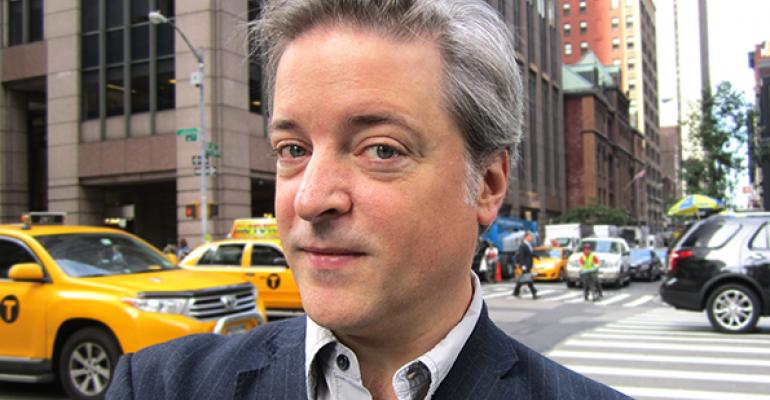There’s no doubt that Tony Robbins has helped millions of people. As a “life coach,” he’s influenced former presidents, CEOs, celebrities (lots and lots of celebrities) and others, helping them achieve some degree of clarity around their ambitions and charting the actions needed to achieve the goals. It’s all easily dismissed as self-help psychobabble, but I’ve met far too many people who claim his particular brand of personal empowerment was effective; who am I to argue?
But the guy is also a salesman without equal. He sells seminars, books and recordings of his speeches and talks. He convinces people they have the power to walk over burning coals, and they do it. There is a P.T. Barnum-esque quality to that. There is a video online purporting to show how he cured a man with a decades-long stuttering affliction in a mere seven minutes. This comes very close to claims of faith healers: If only you believe hard enough, you can overcome anything holding you back. The corollary, of course, is that if you don’t overcome what’s holding you back, including a speech affliction, it’s kind of your fault.
Recently, the wealth management industry could feel that we are having Tony Robbins shoved down our throats. He’s been on a marketing blitz. It seemed to start with his landing the cover of Fortune magazine and a fawning article dubbing him “the CEO whisperer.” (A side question: Since when did Fortune magazine become so obviously a willing participant in a marketing campaign?) This was clearly the beginning of his publicity tour to promote his newest book Money: Mastering the Game. Robbins is suddenly everywhere, including most of the trade publications targeting the wealth management industry.
The book, I am sure, is great (though for most people money is far too important for their family’s future to think of it as a game). It’s based on interviews with dozens of investment gurus, and I have no doubt that there is financial wisdom galore in its pages. I’ve ordered a copy and I’m looking forward to reading it. His angle when it comes to advisors isn’t hard to figure out. He’s aggressively calling out brokers who don’t have their clients’ best interests in mind; he’s spot on when he talks about how excessive fees erode investors’ returns and preaches a buyer beware philosophy when it comes to mutual funds and other investments.
This is better than most of the “coaches” who operate in the wealth management industry. We have no shortage of those who claim to have systems and tips for helping advisors get clients and build their businesses—much of it generic, obvious and bland. It’s almost as if every sales coach in the country has flowed down to the financial advisors’ arena. Robbins’ pitch is as a fiduciary advocate: Be on the side of the angels if you really want to build a successful business.
But as others have pointed out, his specific financial advice is questionable. He recently advocated the “all-weather” portfolio of Brigewaters’ Ray Dalio, who is interviewed in his book and gives it a glowing review. It’s meant to be a collection of non-correlated assets that provides risk parity; when one part of the market blows up, others excel, and the overall portfolio stays on an upward course. The trouble with Robbins’ version of the all-weather portfolio is it calls for a 55 percent allocation to long- and medium-term government bonds. To tell an investor to make that trade just before interest rates are set to rise (as they surely will, soon) seems irresponsible. (A skeptical writer on Seeking Alpha wrote a piece titled “Did Tony Robbins Just Signal The Top In Bonds?) Others have pointed out Robbins’ 2010 call to sell equities.
As long as Robbins sticks to a message of fiduciaries and fees, he’s better than any other coach preaching to this industry. Investors who listen to his actionable investment tips, however, seem to be in danger of losing the game. Perhaps there is a lesson in that?

David Armstrong
Editor-In-Chief






